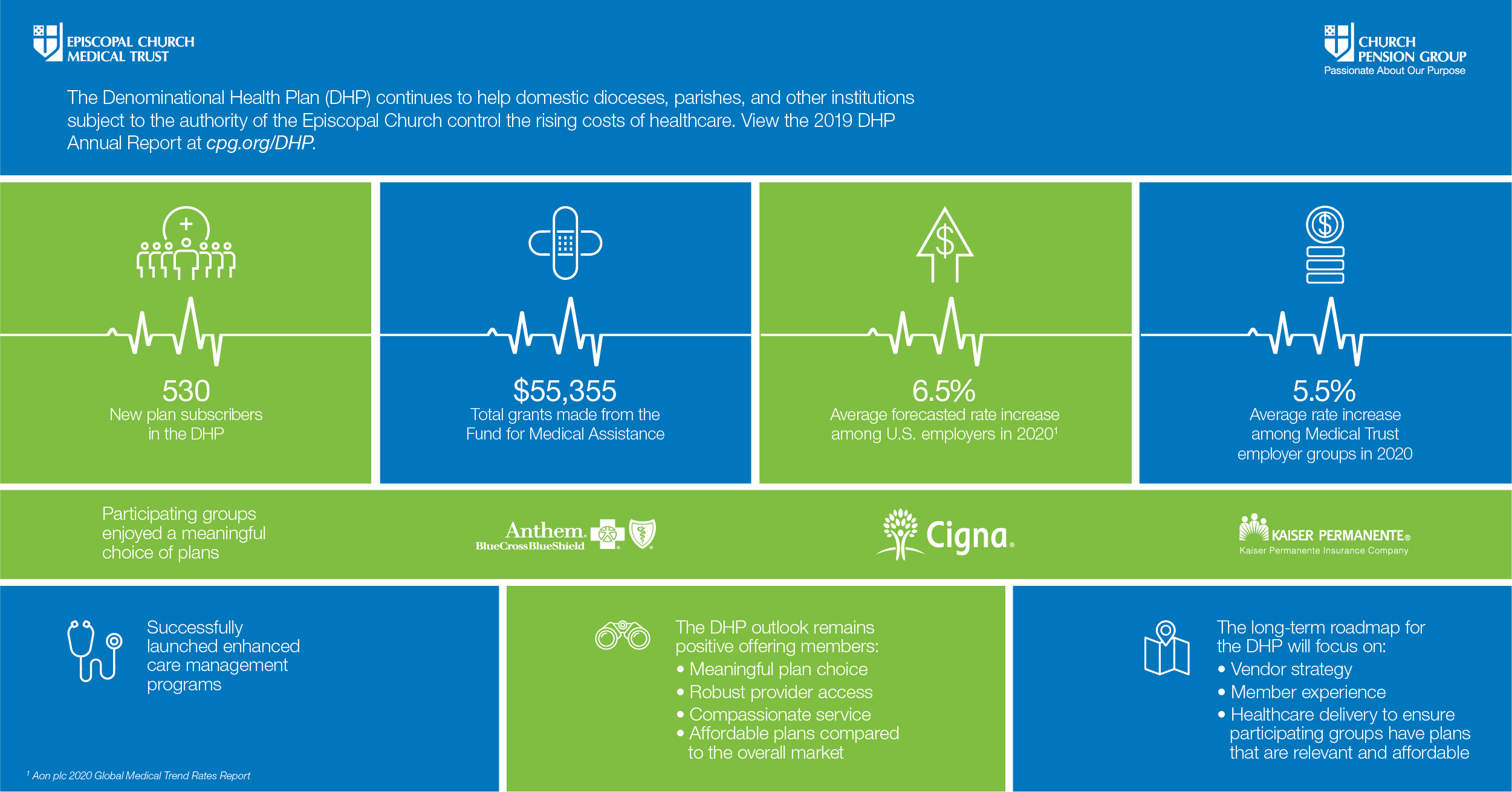Catholic Education And Social Justice: Visualizing A Brighter Tomorrow
Catholic Education And Social Justice: Visualizing A Brighter Tomorrow
Blog Article
Write-Up Author-Bengtsson Mclaughlin
In Catholic education, you're not just learning realities; you're being formed as an individual dedicated to social justice. This technique encourages you to identify the self-respect of every individual and to promote for those that are usually unheard. By integrating these values right into your educational program, you're positioned to make an actual effect. But just how specifically does this education and learning convert into purposeful activity in your community? The answer may shock you.
The Structures of Catholic Education and Social Justice
As you discover the foundations of Catholic education and social justice, you'll locate that these two ideas are deeply linked.
Catholic education and learning highlights the intrinsic dignity of everyone, rooted in the idea that all are produced in God's picture. Catholic schools In Glen Lake cultivates a sense of neighborhood and obligation towards others.
It urges you to recognize social injustices and respond with compassion and action. The trainings of Jesus Christ motivate you to support for the marginalized and at risk, strengthening the concept that education isn't almost scholastic success; it has to do with forming a just society.
Integrating Social Justice Into the Curriculum
Integrating social justice into the curriculum transforms education into a powerful device for modification. You'll encourage pupils to think critically about social issues, fostering empathy and a sense of responsibility.
By weaving social justice motifs into topics like background, literature, and scientific research, you produce an even more appropriate and appealing understanding experience. Reviewing real-world issues helps pupils attach their studies to the neighborhood, motivating them to do something about it.
Including diverse viewpoints enriches conversations and cultivates understanding amongst peers. Projects and joint jobs can equip trainees to discover options to regional and global obstacles.
Ultimately, this assimilation not just deepens their knowledge however also shapes caring people all set to promote for justice and equity in culture.
Neighborhood Involvement and Solution Opportunities
Involving with the area with solution opportunities improves the lessons learned in the classroom. When you participate in neighborhood campaigns, you'll experience firsthand the influence of social justice principles. Volunteering at food banks, shelters, or area clean-ups enables you to apply your knowledge and values outside institution wall surfaces.
It fosters a feeling of obligation and compassion, connecting your education to real-world concerns. In addition, these experiences help you construct relationships within your neighborhood, improving your understanding of diverse point of views.
You'll uncover the significance of partnership and synergy while functioning along with peers and community members. By devoting https://atlantic.ctvnews.ca/spirit-of-its-former-rector-lives-on-in-an-old-dartmouth-church-1.5398503 and skills to solution, you'll not just grow directly but additionally contribute to producing a just and compassionate society.
Verdict
Finally, Catholic education equips you to embrace social justice and cultivate a feeling of area obligation. By incorporating these worths into your learning and taking part in service opportunities, you'll establish crucial thinking and compassion. This trip not only forms you as an individual but likewise furnishes you to be a leader committed to developing a much more just and fair culture. Together, let's dedicate to constructing a much better tomorrow for every person.
